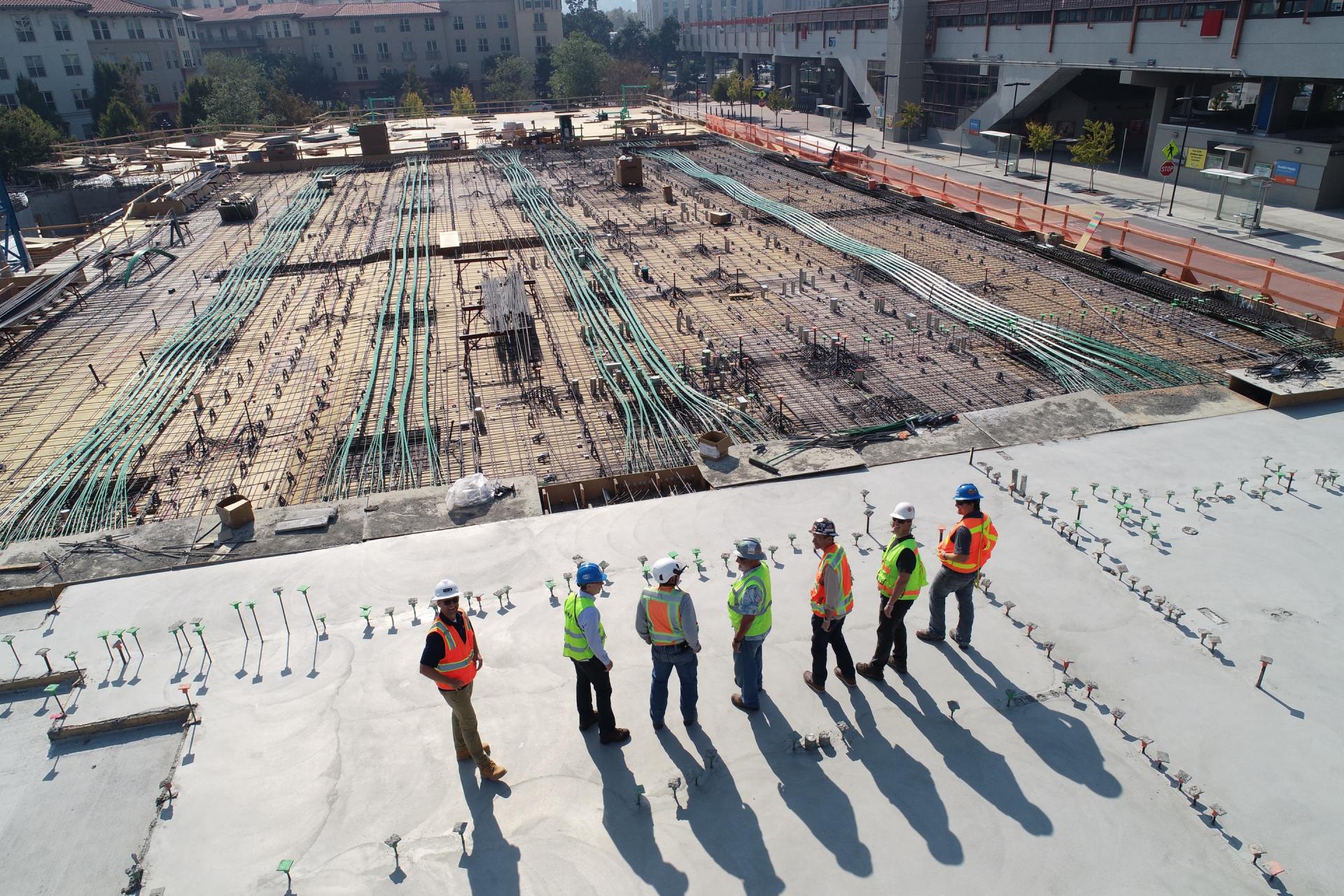Arbitration and Mediation in Brazil

2018 has been a year marked by enormous political difficulties that has delayed the implementation of structural and important reforms for the country. On the other hand, it has been a year in which the economy began to show signs of coming out of the vacuum created by the maladministration of previous governments. The level of confidence in the recovery of the business environment gave companies prospects of profit, and investments began to return. Inflation and the official interest rate fell to levels unimaginable up until a few years ago.
In the legal sphere, private and alternative methods of resolving disputes and disputes outside formal litigation, namely arbitration and mediation, were further strengthened to expedite the outcome of conflicts that would take decades to be determined in the courts. Despite the continued efforts of the judiciary, the huge congestion of hundreds of millions of cases continues.
Currently, there are over 100 million cases on the shelves, desks and offices of judges and ministers (judges of the supreme courts), according to the Justice in Numbers report of the National Justice Council. There is no physical way or adequate structure in the judiciary of resolving this mammoth workload. The backlog involve disputes between people, companies, governments and the entire society. The majority remain without any definitive solution or prospect of resolution within a reasonable time, contrary to the Federal Constitution. The long, and frequently vexing, processing of cases ends with an overly lengthy final decision that often does not do justice to those involved. The late Justice Ruy Barbosa once said, the Brazilian justice system is an “injustice” system.
In this context, the legal tools for out-of-court settlement of claims has been increasing in the metropolitan centers of the country and have begun to gain oxygen. But it must be stressed, private arbitration and mediation are only recently subject of legal recognition and regulation. These forms of resolution are still unknown in regions away from the metropolitan centers. Even the judiciary, who are expected to give effective support to these new conflict resolution tools, lack knowledge of arbitration and mediation throughout Brazil. This has hampered the development of the practice. Despite this, there has been progress of these forms of dispute resolution in the last few years.
A major institutional advance to expand the use of arbitration in Brazil was brought about by the labor reform, which came into force in November 2017. There was the introduction of labor arbitration, after several decisions of the Higher Labor Court ruling the non-arbitrability of individual work agreements. There is now a law in place allowing for the use of the alternative, albeit limited to disputes involving employees with a higher salary level. Consequently, mediation has also been more widely used in all employment disputes.
Another novelty was the advancement of discussions in Brazil about the use of arbitration in tax disputes between taxpayers and taxpayers, based on the positive experience of this practice in Portugal. The interest of arbitration proponents, taxpayers, business entities and public administration authorities has grown for the adoption of legislation on the subject in the country. It is estimated that of the 100 million cases delayed in the Brazilian courts some sixty percent are against a state body. Of those, a great majority are tax cases.
In April 2017, a meeting at the New Faculty of Law in Lisbon brought together a closed group of representatives of the federal tax administration, lawyers and Brazilian business entities. There was a long debate with teachers, arbitrators and managers of the Portuguese tax arbitration chamber on the success of this innovation for tax disputes. In September, the FGV Law School in São Paulo, Conima (National Council of Mediation and Arbitration Institutions) and the Rio OAB, with the support of FIESP and the CIESP Arbitration and Mediation Chamber, held a two-day seminar in São Paulo and Rio de Janeiro on tax arbitration in Portugal and the prospects for its implementation in Brazil.
The discussions advanced so much that in October, a group of Brazilian specialists in Tax Law and Arbitration was formed to draft a bill to regulate the implementation of tax arbitration in the country. The objective of the group is the inclusion of this innovation in the projects of tax reform to be presented by the federal government to the Brazilian parliament in 2018.
Last year was also marked by the creation of private mediation chambers - encouraged by the requirements of the Civil Procedure Code of 2015. Some of these chambers are accredited in the judiciary to act in judicial mediation. A caveat to this development however, is that it has also had a negative impact in the development of mediation. There is a growing number of unknown and questionable chambers adevertise training courses for arbitrators and mediators, award diplomas and certificates with the coat of arms of the Republic. Victims of the economic recession see these chambers and courses as an opportunity to retrain and begin a new career. The illegitimate marketing of arbitration and mediation courses is a crime and has been deplored by Conima to the CNJ, Public Ministry and police authorities.
The strengthening of arbitration and mediation was also reflected in the increased volume of moots and events directed to students of law schools throughout Brazil. Teams of undergraduate students are trained, monitored by professors and specialists in arbitration and mediation. They all study and prepare a hypothetical case presented. At each competition, the best teams are invited to regional, national and international moots. The best-known is held every year in Vienna. Teams of young Brazilian students have shone in Vienna competing with teams from colleges around the world. All this has given students a closer look at arbitration and mediation.
Institutions such as Conima, CBAr (Brazilian Arbitration Committee) and Arbitration and Mediation Center of the Brazil Canada Chamber of Commerce (CAM-CCBC), among others, have worked diligently to disseminate good practices of arbitration and private mediation in the country. Another point that gained strength were the events for discussion of doctrine, jurisprudence and the practice of arbitration and mediation.
The expectation for 2019, in addition to deepening the discussion on tax arbitration in the country, is to further boost the use of arbitration and mediation for those seeking an adequate, safe and rapid solution to their conflicts.
















